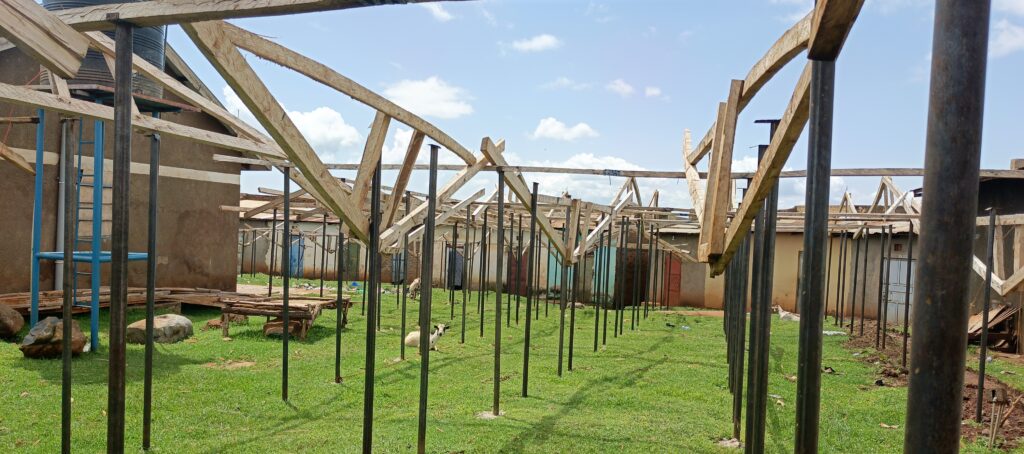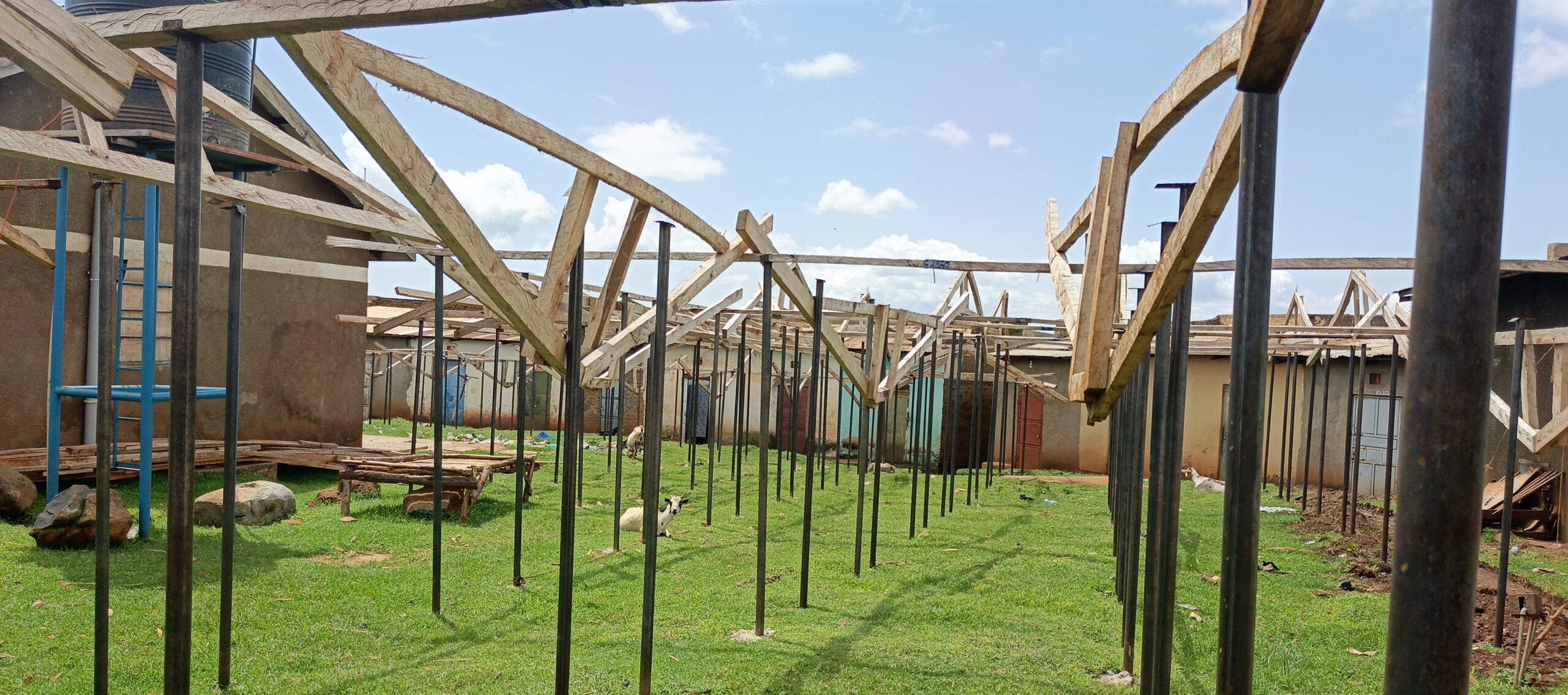Nearly four months after the Kapchorwa Central Market was gutted by a mysterious fire on January 6, 2025, local vendors are decrying the stalled progress in constructing a new market facility. Despite initial efforts by the municipality to begin rebuilding, construction has reportedly halted for the past two months, leaving hundreds of vendors in limbo.
The affected traders, many of whom lost their entire livelihoods in the fire, have accused municipal authorities of failing to prioritize the reconstruction. According to them, the current efforts fall short of the standards expected of a modern marketplace, with substandard structures and inadequate planning far from what they hoped for.

“This was the chance for us to finally get a modern market like what was built in Moroto and Mbale,” lamented Sarah Chemutai, a vegetable vendor who has been operating under a makeshift shelter since the fire. “Instead, what we see is a temporary fix, and even that has stopped.”
Vendors continue to operate in the remains of the burned-down market, under dangerous and unsanitary conditions. Many say their businesses have failed to recover, citing dwindling customer numbers, lack of infrastructure, and mounting debts.
“The loans are killing us,” said another vendor. “Without stable income or a proper business space, many of us are defaulting. Some have given up and left the trade altogether.”
The traders are now appealing to the national government to intervene and provide funding and oversight to fast-track the construction of a new, modern market. They argue that the reconstruction should not be left solely in the hands of municipal authorities, citing a lack of capacity and commitment.
Community members and civil society actors have echoed the vendors’ concerns, calling on relevant government ministries to ensure Kapchorwa does not miss out on the national drive to improve market infrastructure, especially in upcountry towns.
As frustrations grow, vendors warn that continued delays could result in a full collapse of local trade and small businesses—further affecting the livelihoods of thousands of residents who depend on the market as their economic lifeline.









